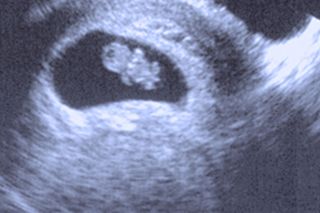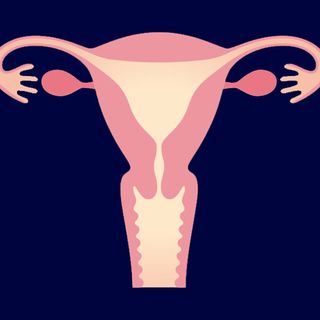
Common, Immune‑Suppressing Miscarriage Treatment ‘No Better Than Placebo’
The odds that rhG-CSF is behind a successful pregnancy are low.

A common, immune-suppressing treatment for women struggling with recurrent miscarriage is no better than a placebo, according to a new, large and randomized study presented at the annual meeting of the European Society of Human Reproduction and Embryology currently ongoing in Barcelona, Spain.
‘Unexplainable,’ recurrent pregnancy loss is often attributed to an immune system response in the mother’s body that rejects the embryo or fetus. The treatment was designed to prevent miscarriage by suppressing the mother’s immune system during implantation during IVF and early-stage pregnancy following natural conception. Women are often offered a range of these “immunomodulatory” treatments, most of which have no proof of functionality. The latest to hit clinics is a drug known as recombinant human granulocyte-colony stimulating factor, or rhG-CSF, an immune system-regulating drug used in cancer treatment that has been coopted by fertility clinics. The treatment sprang from just one single-center, randomized trial, followed by four observational studies that had suggested the drug was linked to higher pregnancy and live birth rates.
“Some studies have suggested statistically significant improvements in clinical pregnancy rates, but we here have high quality evidence that rhG-CSF is not an effective treatment for patients with unexplained recurrent miscarriages,” says Dr Abey Eapen from Tommy’s National Centre for Miscarriage Research at the University of Birmingham, UK, and the University of Iowa Hospital and Clinics, USA.
Eapen’s study is the largest of its kind to date; it spanned 21 hospitals in the UK and involved 150 women, between the ages 18 and 37, who were trying to conceive naturally and who had a history of recurring, unexplained pregnancy loss. In the trail, placebos were given to some women, while others received the real drug (rhG-CSF), during their first trimester of pregnancy.
The study found no evidence of positive pregnancy outcomes as a result of taking rhG-CSF. In fact, researchers found at 20 weeks the pregnancy rate was 59% among women who had taken rhG-CSF, versus 65% in the placebo group. This held true through child birth.
While an estimated 1-2% of couples experience recurrent miscarriages, Eapen says it is difficult to guess how many undergo rhG-CSF, as its a relatively new treatment in a relatively new branch of reproductive medicine.
“Most of immunotherapy medications tested so far through high-quality trials have been shown to offer no benefit,” Eapen says. “Women diagnosed with recurrent miscarriages are vulnerable, so it’s important that, if they’re given immune modulatory treatment for recurrent miscarriages, they are counseled about success rates and potential risk/benefits, even in a research setting, let alone routine clinical practice.”
But the way forward in treating this fertility problem may require taking a step back, for clinicians, to first “agree on an acceptable definition based on reliable and reproducible laboratory investigations before labeling a miscarriages as immune mediated,” says Eapen.
Most miscarriages occur because the combined genetic material did not align in a viable way. That unexplained, recurrent pregnancy loss is influenced by the immune system is more of a working theory than fact, it seems. Until it is proven — and any immune-suppressing recurrent miscarriage treatments validated — clinics would do better to provide support through counseling, individualistic investigation and an opportunity to participate in research, says Eapen. A healthy diet and management of modifiable risk factors may also help, he adds.
Angelina Shah is a staff writer with The Swaddle. In her previous life she was a copywriter in advertising. She has a penchant for reading, singing, travelling and being obsessed with superheroes.
Related


Cow Urine Does Not Cure Cancer
